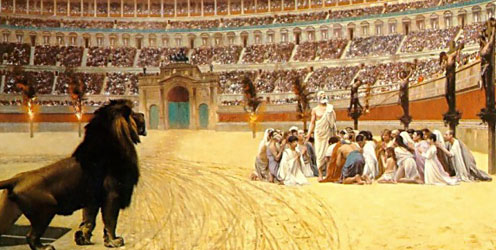That recollection rekindled my curiosity about Buber.
I started reading Maurice Friedman’s highly-praised biography of Buber on weekend trips to see Abigail, who was still teaching in New York. Buber’s first philosophical awakening occurred during adolescence, prompted by “the fourteen-year-old’s terror before the infinity of the universe.”
Buber writes:
“A necessity I could not understand swept over me. I had to try again and again to imagine the edge of space, or its edgelessness, time with a beginning and an end or a time without beginning or end, and both were equally impossible, equally hopeless. Under an irresistible compulsion I reeled from one to the other, at times so closely threatened with the danger of madness that I seriously thought of avoiding it by suicide.”
I stopped reading for a moment and, as the train rumbled on, I pondered the “edge of infinity.”
Being taken over by a powerful image that was both visual and visceral. And felt and saw space at its outer edges, rushing. Expanding outward, unfurling itself with vast force and at almost instantaneous speed. Without stop, neither a completed infinity nor merely finite. The vision had a tremendous feeling of life-force, of Being unfurled, bursting forth at a reckless speed.
________
God: An Autobiography, As Told to a Philosopher – is the true story of a philosopher’s conversations with God. Dr. Jerry L. Martin, a lifelong agnostic. Dr. Martin served as head of the National Endowment for the Humanities and the University of Colorado philosophy department, is the founding chairman of the Theology Without Walls group at AAR, and editor of Theology Without Walls: The Transreligious Imperative.
Listen to this on God: An Autobiography, The Podcast– the dramatic adaptation and continuing discussion of the book God: An Autobiography, As Told To A Philosopher by Jerry L. Martin.
He was a lifelong agnostic, but one day he had an occasion to pray. To his vast surprise, God answered- in words. Being a philosopher, he had a lot of questions, and God had a lot to tell him.









